UWE Bristol project to close graduate race pay gap 'needs to expand'
- Published
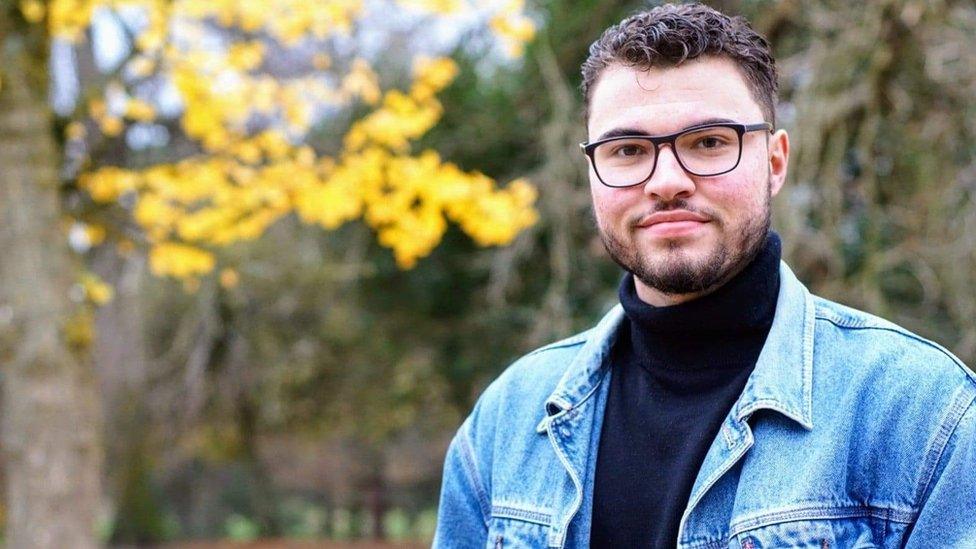
Lewis Wedlock now runs his own business running personal development workshops
A university project to tackle the graduate race pay gap that began two years ago has been oversubscribed.
The University of West of England began the Equity programme in a bid to boost pay and career attainment for its black and minority ethnic (BAME) graduates.
Graduate Lewis Wedlock said: "There is very much space for programmes like this that will empower, educate and inspire many young BAME students."
The university said it was monitoring the project's effectiveness long term.
The programme has offered tailored mentoring from an industry professional, confidence building through coaching sessions and talks from successful BAME professionals who have shared their experiences.
Students also attend networking events to build up contacts in their chosen field.
Graduate Elias Williams, a researcher at a Bristol TV production company who has run art exhibitions in the city, said a "sense of belonging" was crucial for building confidence.
"When I first started the university I definitely wasn't going in there screaming about issues of race to start with and it took me a while and a lot of students are like that," he said.
"You can be passionate about some subjects about race and identity but if there isn't a space for you to express those views you're going to keep them to yourself.
"So when Equity started popping up it enabled those of us who were passionate about identity and race issues to be a bit more vocal and be able to find other people who share our views."
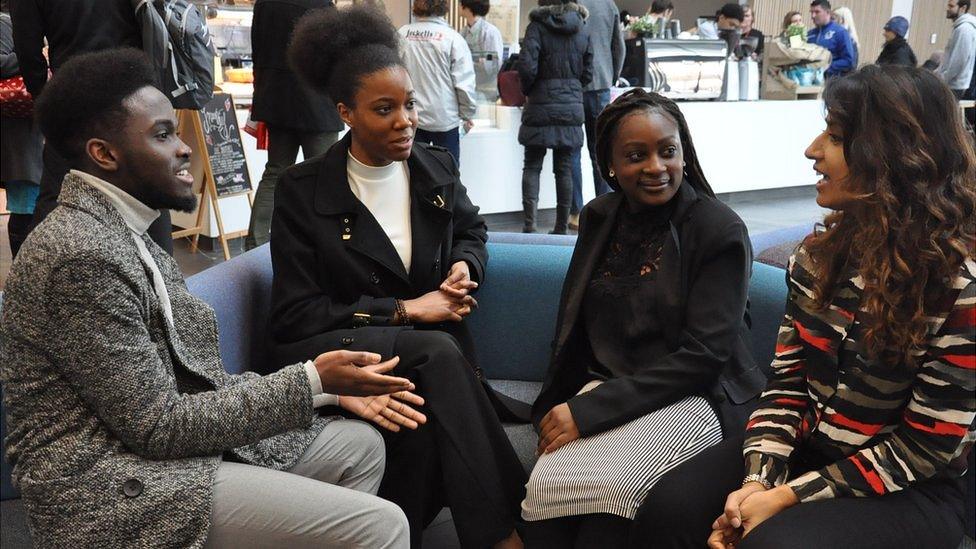
The Equity programme first started in 2017 by Dr Zainab Khan (right)
The programme was created after the university acted on research in 2016 that showed black graduates were twice as likely to be unemployed than white graduates, external.
The latest data still showed black graduates were paid less than white graduates, external, and employment rates remained lower at 51%, compared with 61%.
Initially the course was only open to Law and Business students but it has since been rolled out to all faculties, with 100 available spaces.
All spaces are full, and so is the 70-space waiting list.
There 4,049 UK-based BAME undergraduates at UWE this year, out of a total student population of 30,000.
Psychology and sociology student Lewis got involved in the project in his final year.
"I had great friends but I felt like I needed to interact with and engage with and be around with people like me who were aspiring to get into business or looking at being role models," said Lewis.
Film-maker Elias said now he was making progress in his chosen career he was keen to help others like him by sharing his network of contacts.
"I have a big passion to stay connected with the university and help support other BAME students coming through them," he said.
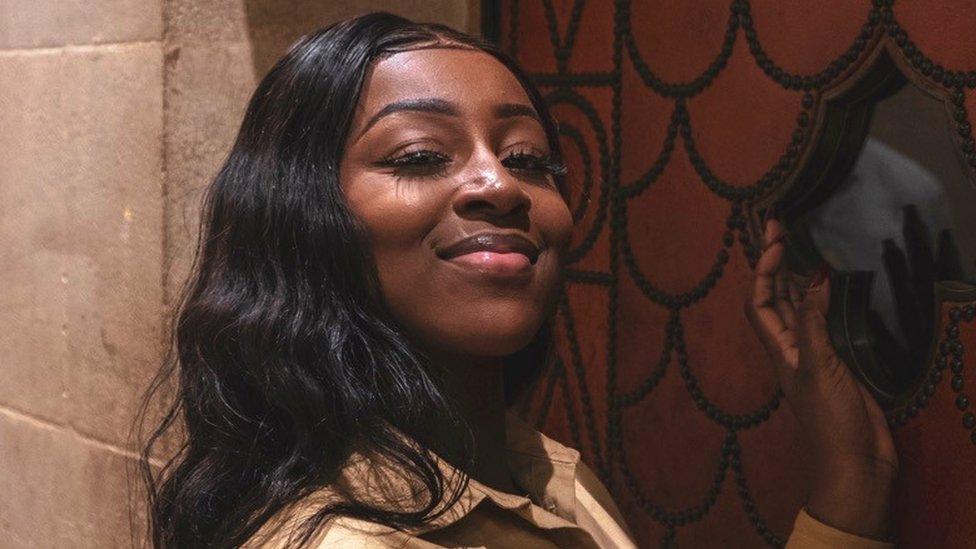
Stacey Olika joined the programme as a staff member but says it widened her career opportunities
Graphic design graduate Stacey Olika joined the Equity programme as a staff member after graduating from UWE in 2017.
Her work as a photographer and videographer for Equity acted as springboard for her career and widened her friendship group.
"The Equity programme is beneficial for the well-being and the development of BAME students.
"It should definitely be a top priority, as well as looking after other students, there needs to be that space for those students because there is a clear difference, a clear attainment gap issue.
"UWE needs to shine more light on it and put it on a bigger platform."
'Important strand'
She said every university needed a programme like Equity, led by a BAME person.
"If you don't provide the space, the resources and accessibility in that university, then you are literally throwing people into that world."
Pro Vice-Chancellor for Student Experience, Jo Midgley from the university said the full effect of Equity would be known next year, as its cohorts would be surveyed 15 months after graduating.
"We want to ensure the intentions of the programme are realised.
She added: "If bits of it aren't working anymore then we will change it, and we will try new things.
"The important thing is we close the attainment gap and we get great outcomes for our graduates."
- Published2 May 2019
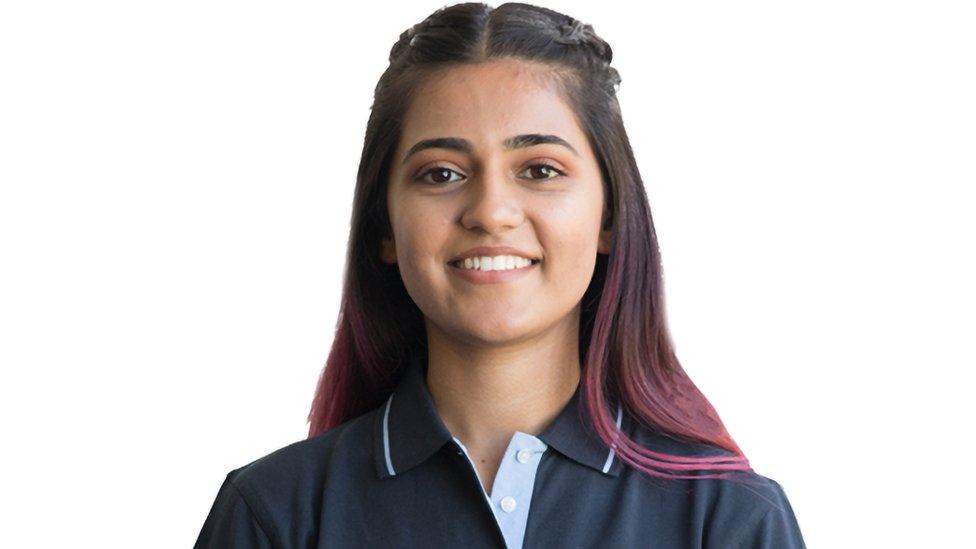
- Published26 November 2018
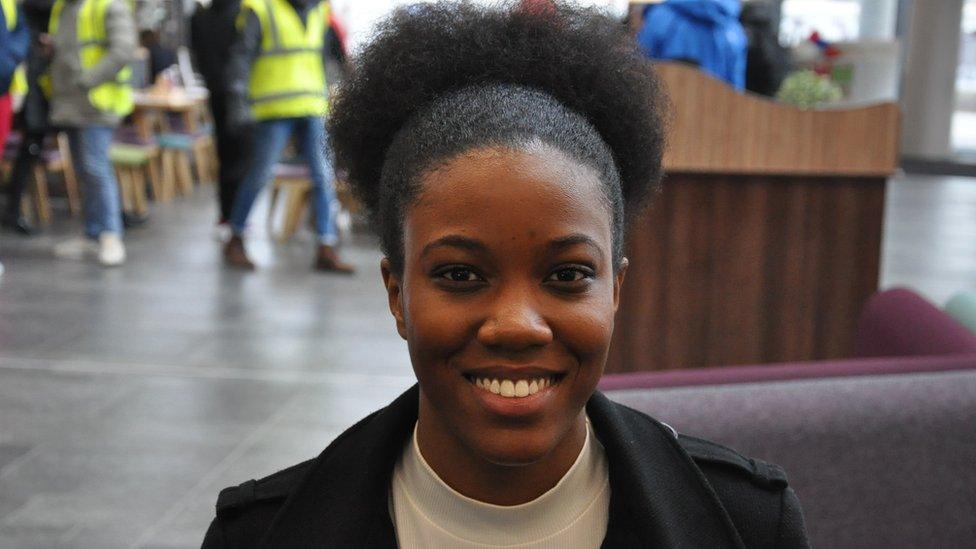
- Published6 September 2018
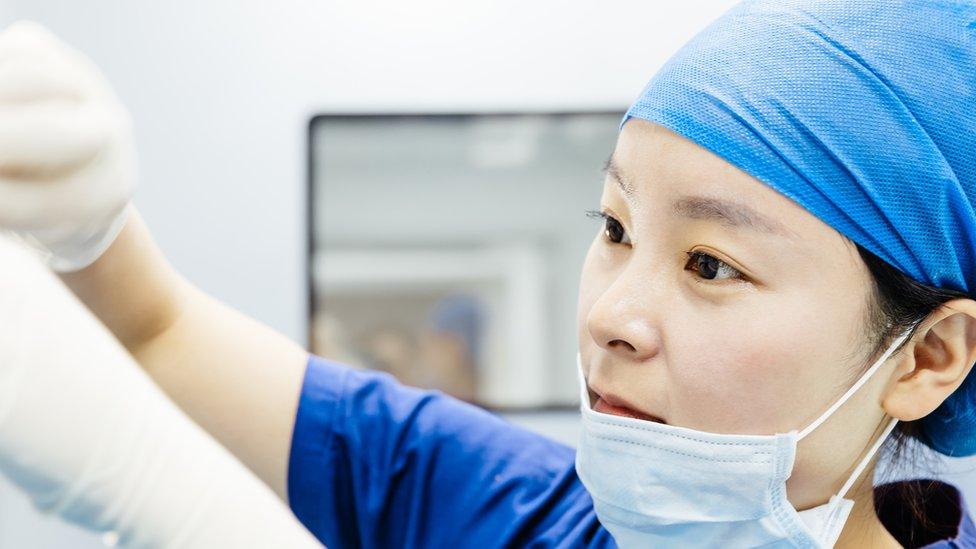
- Published17 May 2018

- Published16 May 2018
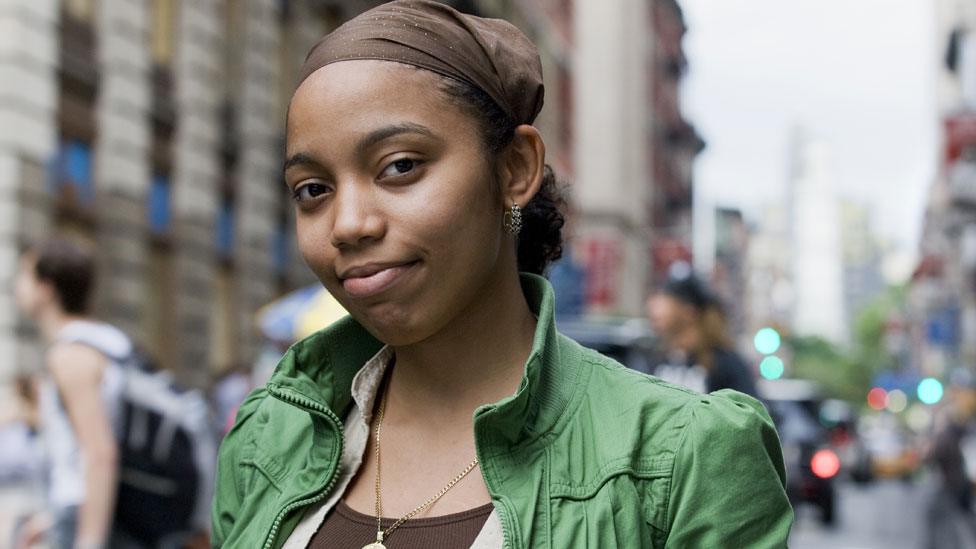
- Published13 September 2017
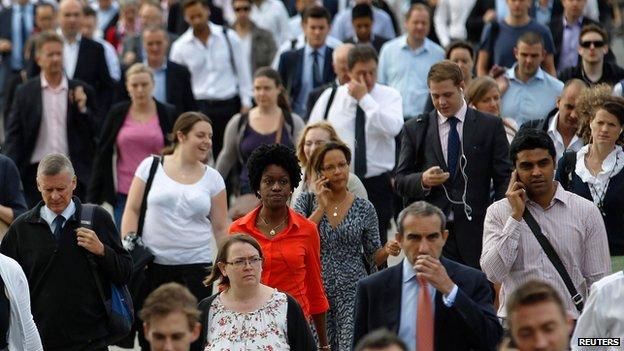
- Published6 February 2017
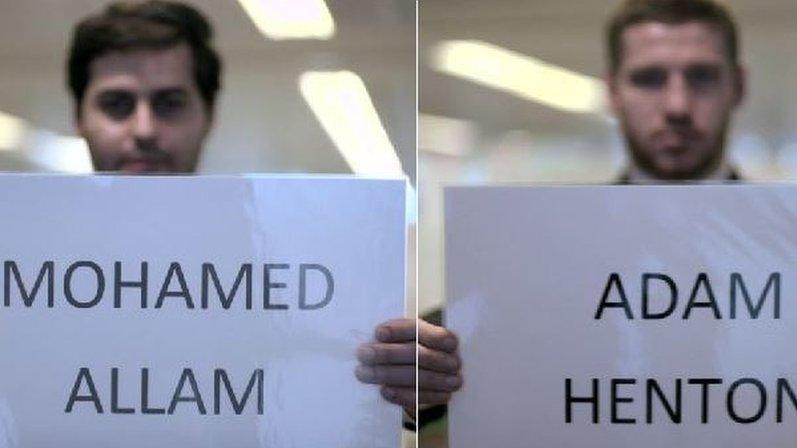
- Published1 February 2016
